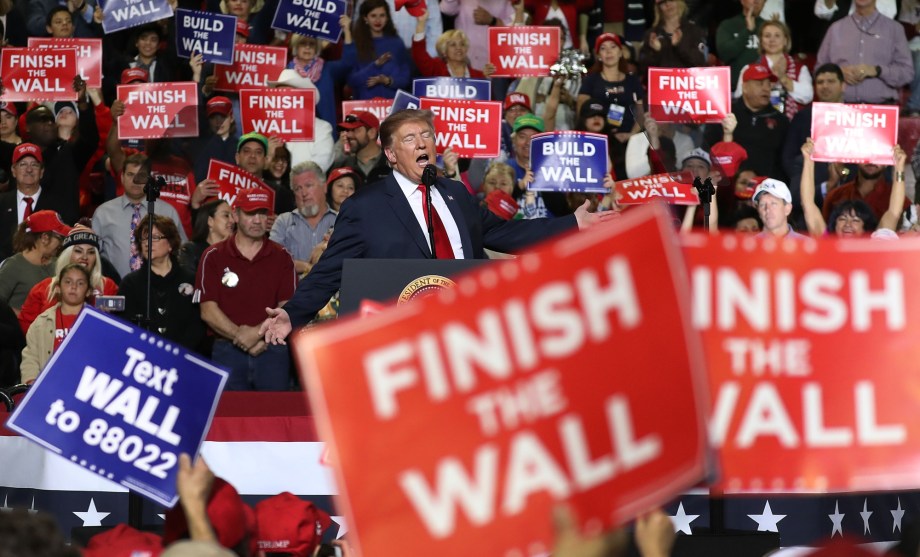Saturday, March 28, 2020
It’s like Déjà vu all over again
We’re living in strange times.
I hear people saying this a lot lately with all the shelter-in-place orders, toilet paper/hand sanitizer/face mask shortages and social distancing. But the writer and obsessive geek in me wonders if that’s really so.
With all due apologies to baseball hall-of-famer and master of malapropisms, Yogi Berra, I can’t help think that this is all just “Déjà vu all over again.”
The spread of the Coronavirus pandemic across the globe sounds like the beginning of every zombie apocalypse/doomsday trope common in to dystopian sci-fi stores and Steven King-esque tales of horror. So naturally the writer part of my brain began to look at our current situation this way. And while obsessing over the details of the plot like any sci-fi fan nitpicking a Hollywood attempt to adapt their favorite book or comic, I began to notice a lot of disturbing similarities to events in our recent past.
Okay, I realize I’m not exactly the first person to point out how the spread of Covid-19 eerily echoes the Spanish Flu pandemic that infected one-third of the world’s population almost exactly 100 years ago. But what I think I am the first to point out is how this incident is just the latest in a series of events that also have direct parallels to things going on at the beginning of 20th century.
So, listen up while I finally put that college history minor of mine to use:
Now flash forward 100 years….
In the year 2000, the world was in the midst of the Tech boom. Companies like Google, Microsoft and Apple were changing the world. Computers were replacing typewriters, ledger books and other analogue methods of keeping records. People began to stop writing letters and started to send e-mails and texts. The spread of the Internet promised to bring the world right to your desktop. Even the way we bought and listened to music, books and other products began to change. This “democratization” of information ushered in another wave of social upheaval and saw the rise of a new breed of robber-barons who were capitalizing on the tech boom: Bill Gates, Steve Jobs, Jeff Bezos, Mark Zucerberg and Larry Page and Sergey Brin.
The early years of the 20th century also saw a huge influx of immigrants to the United States. It’s estimated that more than 15 million arrived on our shores between 1900 and 1915, and with them came the predicable anti-immigrant backlash. It wasn’t uncommon at the time to see racist cartoons in newspapers and magazines targeted at the Irish, Italians, Jews and Chinese.
.jpg?itok=K_xFiGAs) |
| A 1903 cartoon by Louis Dalrymple in Judge magazine depicts Southern European immigrants as rats. (New York Public Library Digital Collection) |
 |
| President Donald Trump speaks during a rally in El Paso, Texas on February 11, 2019. (Joe Raedle/Getty Images) |
fought for the next century, by introducing new tactics, technology and levels of slaughter.
Unfortunately, the same could be said about the War on Terror, which began on September 11, 2001 when a group of Islamic extremists crashed airplanes into the World Trade Center in New York City and the Pentagon in Washington DC.
Like the paradigm shift that occurred in WWI, we’ve had to adapt to a new way of fighting wars. Gone are the days of two (or more) nations slugging it out on some remote battlefield. Today there is no battlefield and the combatants aren’t nation-states, but faceless groups with a vendettas who use everyday objects to inflict death and destruction on unwitting civilian populations. Also like WWI, which introduced the words “tank” and “machine gun” to the modern lexicon, the War on Terror has also introduced new words to our everyday vocabulary: “drone” and “IED.”
Now comes Covid-19 with all its similarities to the Spanish Flu of 1918-19. I can’t help but wonder if the steps we are now taking to slow it’s spread will cause a repeat of another early 20th century event: The stock market crash of 1929 and The Great Depression which followed it.
Then if, as Shakespeare one said, the “past is prologue,” I guess we should expect to see another great conflict on the scale of the second world war.
Hopefully I’m wrong about this, but at the moment, it’s really hard to stop being pessimistic and looking to the past to predict what’s to come in our near future. It’s almost as if Yogi Berra understood this when he uttered those now immortal words: “The future ain’t what it used to be.”
Subscribe to:
Posts (Atom)


